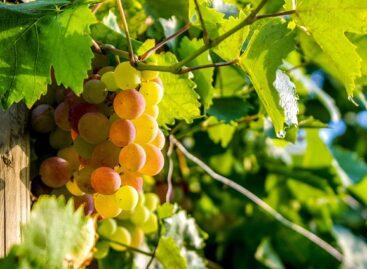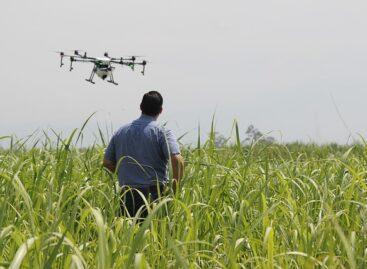This year’s pear crop is (also) weak
Pears are one of the most important fruits of autumn, but the difficulties of production have become more and more serious in recent years both in Hungary and in Europe. Although there will be enough pears on the European market this year, the yield is still at one of the lowest levels of the last decade.

In our country, the production of pears has fallen significantly in recent years. 40-50% of the 80,000-hectare plantation area is outdated and uncompetitive, while 25-30% needs development. Only 25-30% of plantations can be considered competitive, maintained by a few hundred professional farmers. The data of the KSH also support the decrease in the amount of crops, and the rise in producer prices also makes the situation of farmers even more difficult.
Europe’s largest pear grower, Italy, is showing an improvement this year compared to last year’s disastrous harvest, where 405,000 tons of pears are expected to be harvested this year, which represents a 120% increase. On the other hand, the Netherlands and Belgium are facing a decline, with a decrease of 8.7% and 26.6% respectively. The situation is similar in Spain, where a 14.8% yield reduction is expected.
More positive news came from Portugal, France and Greece, where crop yields increased by 10-38%. In Poland, on the other hand, a 6% drop is predicted due to unfavorable weather, which further strengthens the region’s challenges.
Visszajelzés küldése
Oldalsó panelek
Előzmények
Mentve
Related news
Hungarian and Italian researchers say birds and bats can protect vineyards
🎧 Hallgasd a cikket: Lejátszás Szünet Folytatás Leállítás Nyelv: Auto…
Read more >AM: Harvesting is underway nationwide, the country’s bread is assured
🎧 Hallgasd a cikket: Lejátszás Szünet Folytatás Leállítás Nyelv: Auto…
Read more >Research program to help predict crop yields and identify plant diseases launched at SZTE
🎧 Hallgasd a cikket: Lejátszás Szünet Folytatás Leállítás Nyelv: Auto…
Read more >Related news
MBH Analysis Center: The Hungarian economy may accelerate again in 2026, but the Iranian war carries serious risks
🎧 Hallgasd a cikket: Lejátszás Szünet Folytatás Leállítás Nyelv: Auto…
Read more >SPAR is preparing for an Easter rush: it is filling its stores with 570 tons of smoked meat products
🎧 Hallgasd a cikket: Lejátszás Szünet Folytatás Leállítás Nyelv: Auto…
Read more >Focus on the domestic fishing sector at SIRHA Budapest
🎧 Hallgasd a cikket: Lejátszás Szünet Folytatás Leállítás Nyelv: Auto…
Read more >









